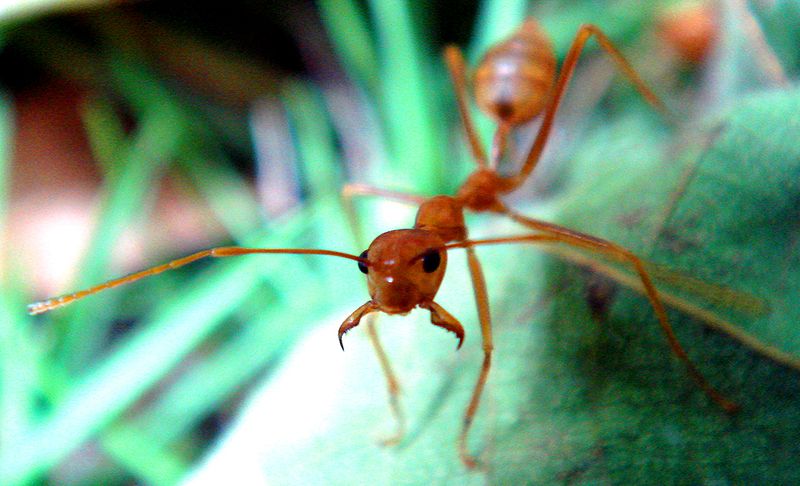Replacing pesticides with ants to protect crops
Date: 22.8.2022
A team of researchers affiliated with several institutions in Brazil, working with one colleague from Spain and another from the U.S., has found evidence that suggests ants can be used as a natural pesticide for a wide variety of crops.

Because of that, researchers around the world have started looking into the possibility of using natural pesticides. One such natural approach has involved the use of ants – they leave the crops alone and instead feed on the insects that damage plants.
Use of ants to control pests has a long history, citrus growers in China, for example, have been using ants to control pests in fruit trees for centuries. In this new effort, the researchers wondered what other researchers have found when looking into the use of ants as a natural pesticide. To find out, they searched for published research papers on the topic and found 52 of them that had involved looking into the use of ants as a way to control pests, covering 17 different types of crops.
The researchers conclude by suggesting that the use of ants to control pests appears to be a sustainable and inexpensive way to control pests on both large and small farms.
Image source: World Imaging / Wikimedia Commons.























